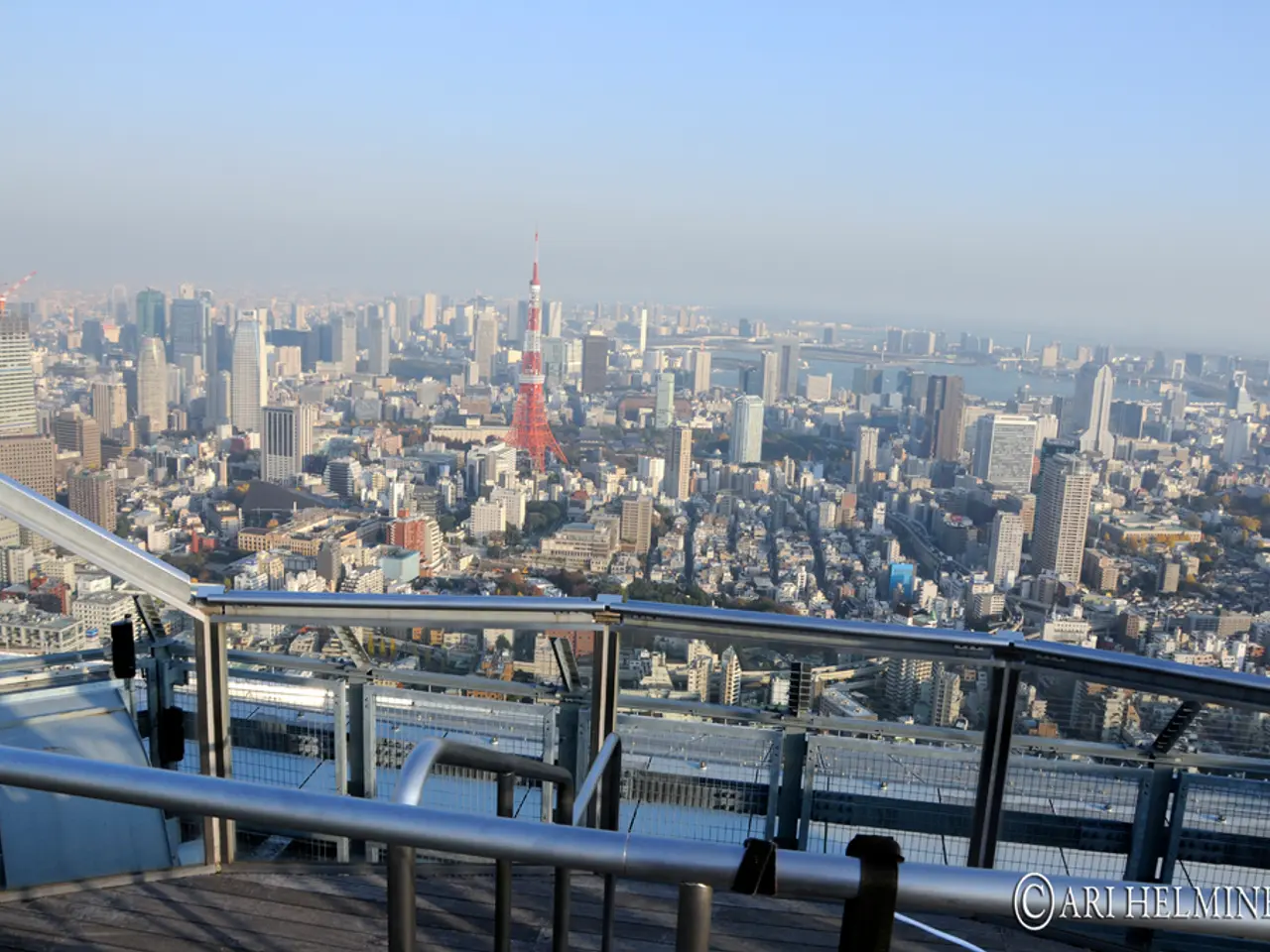Strike Cripples NOK's Operations - Warnings Issued
Headline: Ver.di Strike on Nord-Ostsee-Kanal: What Could Happen to the Environment?
The Ver.di union's strike at the Nord-Ostsee-Kanal (NOK) in Brunsbüttel and Kiel has caused uncharted waters – quite literally. With no ships traversing this bustling waterway, what could be the long-term environmental impact? While hard numbers on the environmental impact of this strike are difficult to pinpoint, here are some potential consequences.
Disrupted Shipping Traffic
A prolonged strike could cause ships to be delayed, rerouted, or anchored for extended periods. This may lead to increased fuel consumption, emissions, and noise pollution, negatively impacting marine life and coastal communities.
Ironic Twist: More Environmental Damage
Jens Knudsen, an Initiative Kiel-Canal critic, points out that the strike could force ships to take longer, more environmentally harmful routes, leading to higher costs for shipping companies. This is ironic since the strike aims to protect jobs and working conditions, yet it might inadvertently contribute to environmental degradation.
Increased Emissions and Pollution
If ships are forced to idle or take longer routes around Denmark (instead of using the canal), this might increase their fuel consumption and emissions of greenhouse gases and pollutants, negatively impacting air quality and contributing to climate change.
Risk of Accidents
Delays and congestion might increase the risk of accidents such as oil spills, collisions, or groundings. Prolonged anchoring or idling of ships can also lead to local pollution, including discharge of ballast water and waste.
Water Management and Ecosystems at Stake
The NOK requires regular maintenance, including dredging and management of locks and water levels. A strike could delay these activities, potentially leading to sedimentation, obstruction of water flow, and ecological imbalances in the canal and connected water bodies.
Positive Impact on Local Ecosystems: A Double-Edged Sword
The strike could offer a temporary respite to marine life in the canal and its connected water bodies, as lower traffic might decrease pollution levels and noise pollution. However, a prolonged strike could have detrimental effects in the long run, as mentioned previously.
Tourism and Recreation: Another Casualty?
The canal is also a scenic and recreational asset, with tourism activities relying on its smooth functioning. Long-term disruptions could reduce tourist visits, indirectly affecting local environmental conservation efforts that benefit from sustainable tourism revenues.
The prolonged strike in the industry sector of the Nord-Ostsee-Kanal (NOK) could potentially lead to increased finance costs for shipping companies, as they may opt for lengthier, more polluting transportation routes to bypass the canal.
Additionally, higher emissions and pollution from shipping traffic disruptions could negatively impact local ecosystems and air quality, potentially offsetting the temporary benefits to marine life during the strike.




